Caseware Resource Center
Explore blog articles, success stories, events and more.


Blog
How Process Automation Can Help Modernize Your Accounting Firm
Discover how PA speeds up operations, reduces errors and lets practitioners focus on higher-level work.

Blog
Manage Your Files Efficiently and Easily With Caseware Cloud
Discover how a platform like Caseware Cloud can greatly improve the document management process.

Blog
Artificial Intelligence — How We Got Here
Discover how AI’s past, from early ideas to deep learning, is shaping the future of work.
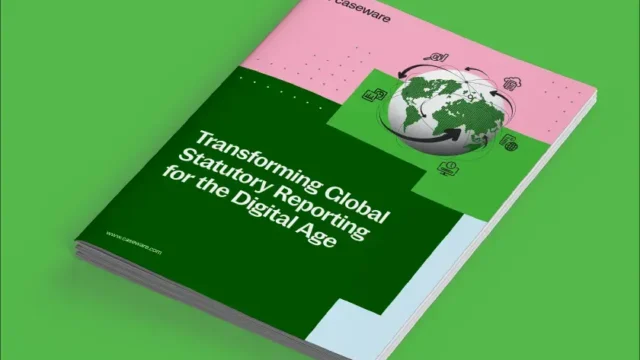
eBooks & White Papers
Transforming Global Statutory Reporting for the Digital Age
Discover how cloud-based GSR solutions can help organizations save time and reduce risk.

Blog
Tips for Bringing Non-accounting Talent Into Your Practice
Learn how to hire specialized talent possessing non-traditional skillsets and how to do it successfully.

Blog
Data Ingestion in the Cloud Migration Process
Discover what data ingestion is and the crucial role it plays in migrating accounting firms to the cloud.
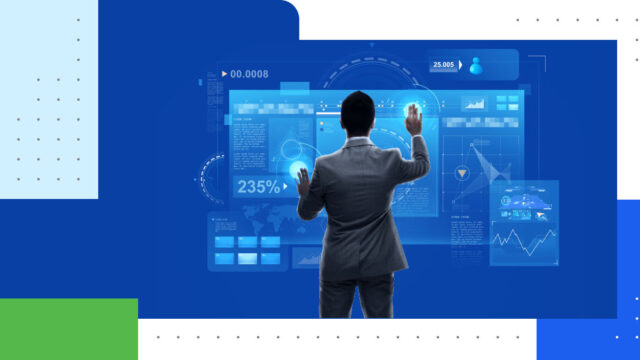
Blog
Effective Data Analytics Starts With an Effective Data Strategy
The right initial plan can help your organization begin employing analytics effectively.

Blog
Accounting in the Cloud: Strategies, Benefits and Tools
Transform your processes with cloud accounting. Discover how cloud-based software can enhance your efficiency and help you collaborate in real time.

Blog
A Beginner’s Guide to Cloud Accounting
Is your firm ready to shift its technology investment to cloud accounting? Explore how cloud software can revolutionize your firm.

Blog
Debunking Enduring Myths About Cloud Accounting
Separating cloud myths from facts is the first step in realizing the full potential of cloud accounting for your firm.

Blog
Why Now is the Perfect Time to Migrate Your Accounting Firm to the Cloud
Looking to save money and improve collaboration and efficiency? Let’s talk about cloud-based software platforms.

Blog
5 Key Environmental Reporting Factors: Accountants Focus on the ‘E’ in ESG
Discover the primary elements accountants are focusing on when reporting organizations’ environmental performance.
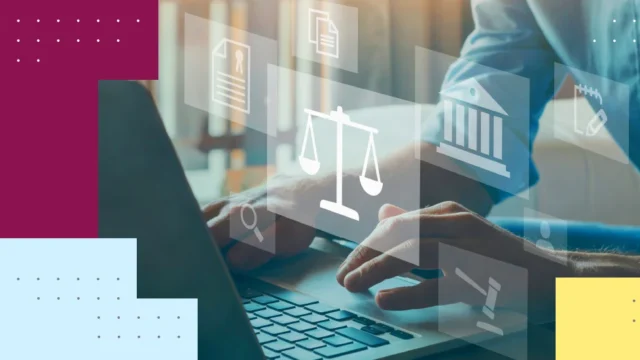
Blog
Forensic Audits: All You Need to Know
An in-depth look at the role of forensic auditors, when to call for one and how to optimize the process.

Blog
Six Ways to Improve Client Communication in Accounting
Learn how accounting technology can dramatically enhance client communication.
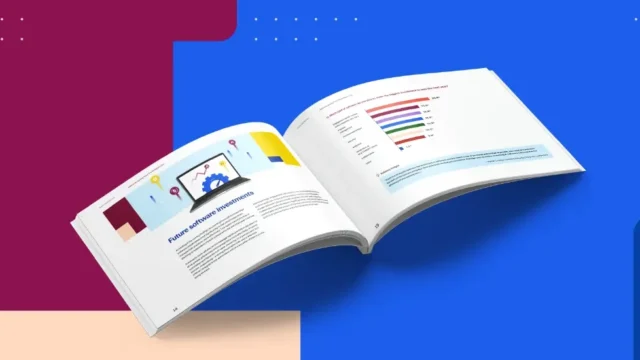
Blog
See What’s in Store in 2024 for Accounting Firms
Get key insights and ensure your practice is prepared for the year ahead.
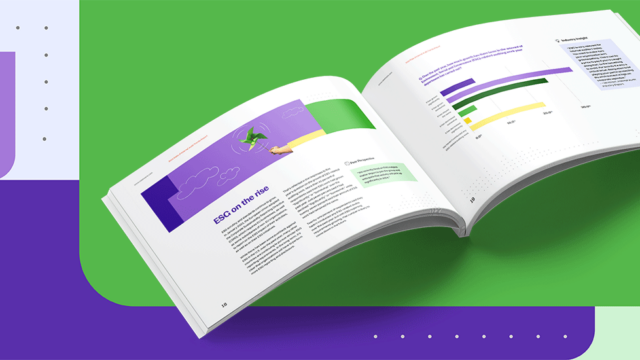
Blog
Discover the Top Trends and Challenges in Internal Audit for 2024
Explore insights and opportunities for internal auditors in the year ahead.
No resources found
We couldn’t find any resources that match your search.
Contact us or visit our support centre if you need more help.
Contact us or visit our support centre if you need more help.
Loading results …
You’ve viewed 0
of 0
results
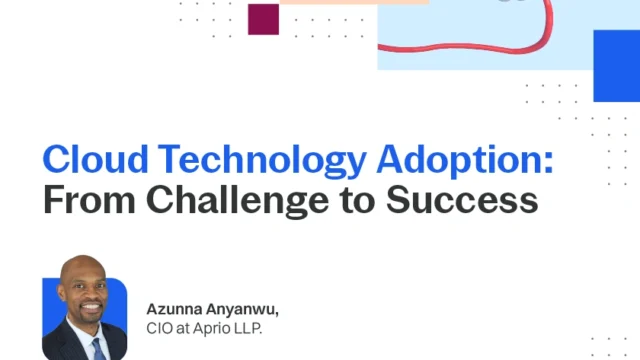 event
event
Events & Webinars
Cloud Technology Adoption – From Challenge to Success
Learn how to successfully use cloud technologies in your practice in this on-demand recording with early cloud adopter Azunna Anyanwu, CIO at Aprio LLP.
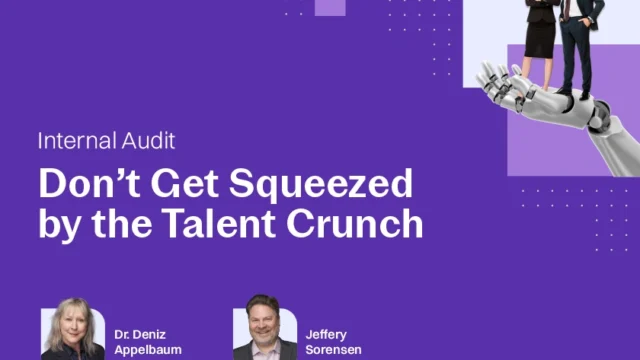 event
event
Events & Webinars
Don’t Get Squeezed by the Talent Crunch: Strategies for Internal Audit
Find out how to attract and retain top talent in this on-demand recording featuring Dr. Deniz Appelbaum, Assistant Professor at Montclair State University and Jeff Sorensen, Industry Strategist with Caseware.
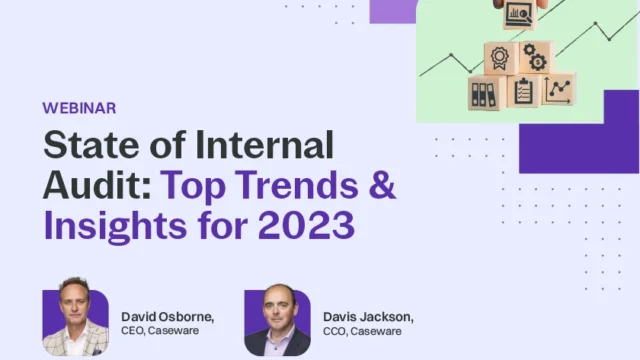 event
event
Events & Webinars
State of Internal Audit: Top Trends & Insights for 2023
Develop a deeper understanding of the key trends, insights and predictions for the year ahead by watching this on-demand recording.
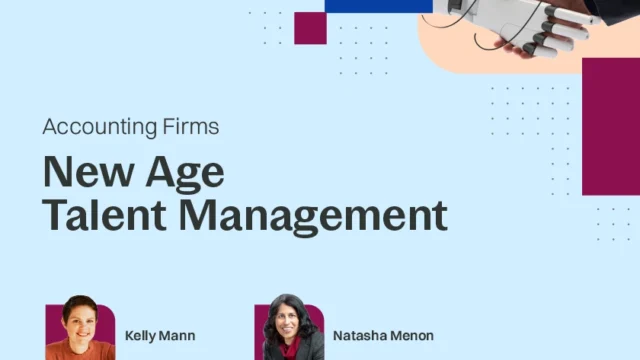 event
event
Events & Webinars
New Age Talent Management for Accounting Firms
Discover how you can improve your talent hiring and retention in engaging on-demand recording featuring Kelly Mann, CEO and Co-Founder of AuditMiner and Natasha Menon, Senior Product Operations Manager with Caseware.
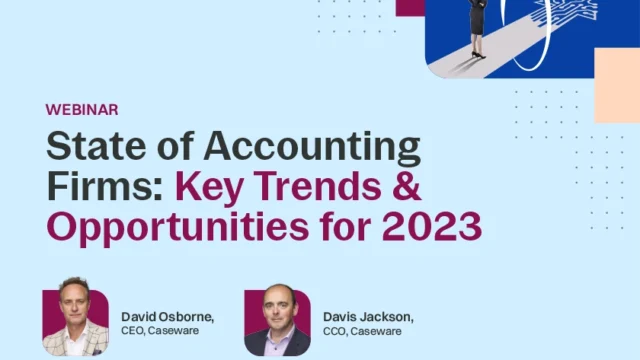 event
event
Events & Webinars
State of Accounting Firms: Key Trends & Opportunities for 2023
Learn more about the key accounting trends, insights and predictions shaping the year ahead in this on-demand recording.
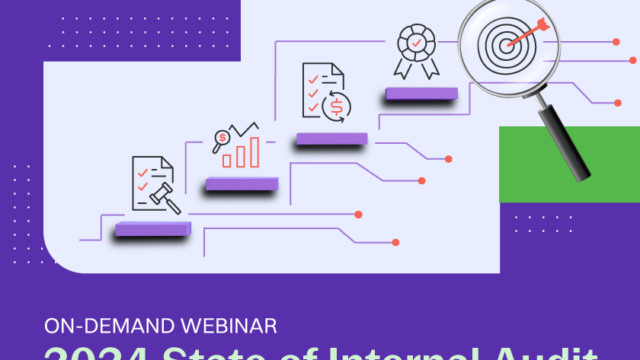 event
event
Events & Webinars
State of Internal Audit: Key Trends & Opportunities for 2024
Don’t miss this opportunity to discover how the internal audit profession is evolving in 2024 and how your organization can take advantage of the latest trends.
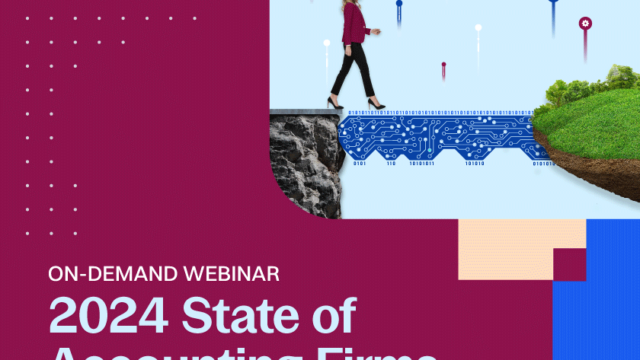 event
event
Events & Webinars
State of Accounting Firms: New Directions & Key Trends for 2024
Here’s your chance to discover the key trends affecting the world of accounting in 2024 and how your firm can capitalize on them.
No resources found
We couldn’t find any resources that match your search.
Contact us or visit our support centre if you need more help.
Contact us or visit our support centre if you need more help.
Loading results …
You’ve viewed 0
of 0
results